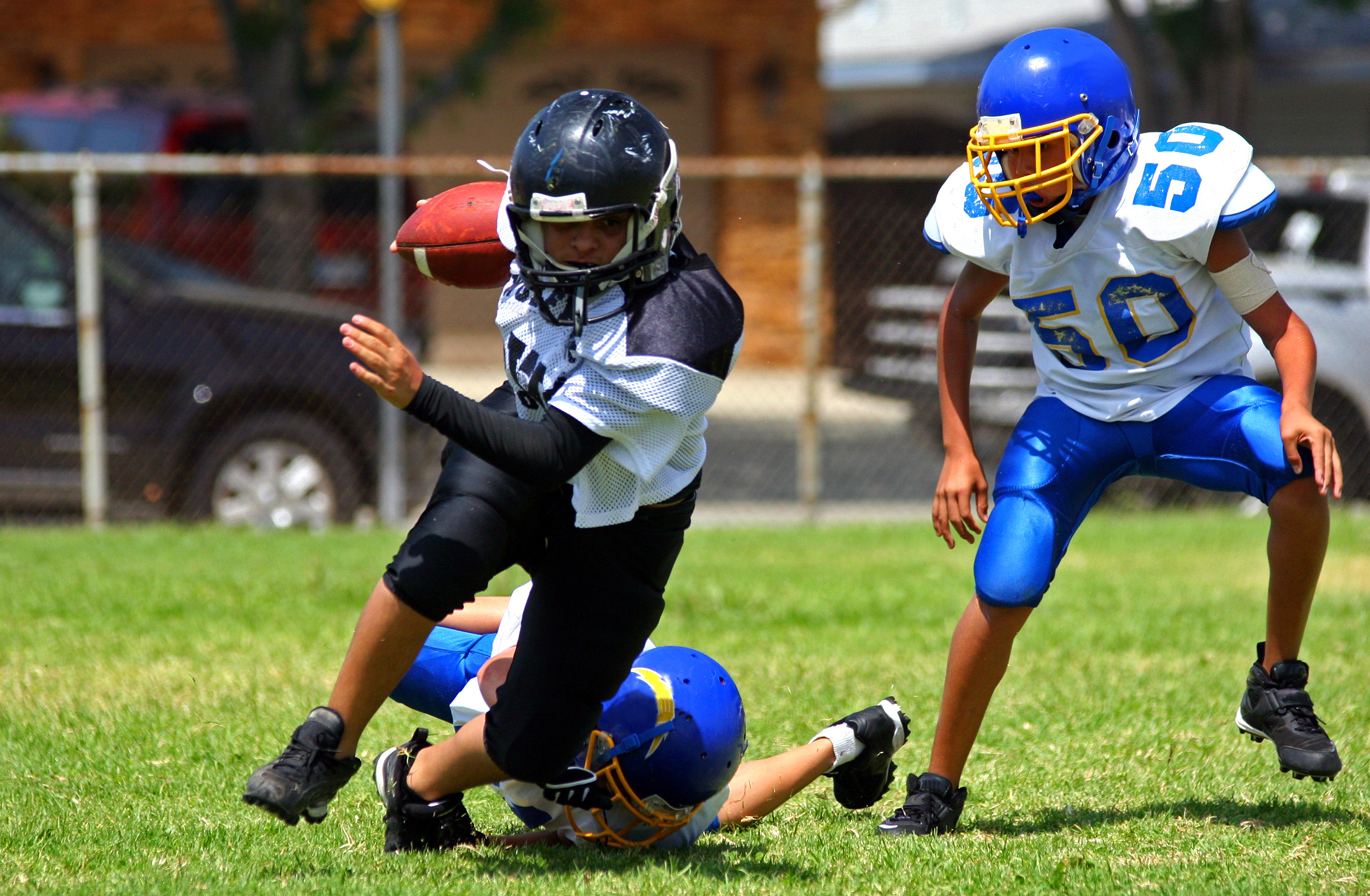Associate Professor Karin Reuter-Rice and her team receives National Institutes of Health (NIH) grant to help address post-concussive symptoms risk in children.
Associate Professor Karin Reuter-Rice and her team receives National Institutes of Health (NIH) grant to help address post-concussive symptoms risk in children.
Associate Professor Karin Reuter-Rice, PhD, CPNP-AC, FCCM, FAAN, will conduct an innovative 5-year study, “Risk Stratification in Children with Concussion”, that will follow 500 children (ages 11-17 years) over one year to examine their concussion symptoms and experiences. This study, funded by a NIH $3 million research grant, and the timing of the award highlights the importance of understanding brain injury to provide new treatment strategies that support patients and their families. March is Brain Injury Awareness Month, a time to acknowledge and support the millions of Americans impacted by brain injury.
Approximately one-quarter of the millions of American schoolchildren who suffer concussions each year experience persistent physical, emotional, and/or cognitive symptoms, affecting their quality of life, academic performance, social behavior, and psychological well-being. This project will measure concussion symptoms, biological markers, and educational and social factors across the first-year post-concussion to develop a model that enables early identification of and symptom management for children at higher risk for persistent post-concussive symptoms.
Reuter-Rice took an interest in pediatric concussions from her role as a nurse. She said she has always been interested in caring for trauma patients, particularly those who have experienced a brain injury, such as a concussion. In her experience as a nurse practitioner, she recognized early on that some children did well whereas other did poorly after sustaining a brain injury. Reuter-Rice became intrigued as to why that was, which led to her research to examine how the brain responds after it has sustained an injury.
“Understanding the child and their brain’s physiologic response to trauma will help to inform improved diagnostic and treatment approaches,” Reuter-Rice said. “Children and their families have always been at the center, acting as my ‘North star’ directing me as I progress with my research. I aim to impact the overall health of children who have experienced a concussion and other traumatic brain injuries while also ensuring new health policies recognize their important needs.”
Study findings will provide novel insights into the long-term effects of concussion on children's physical, psychological, and social well-being. Also, the data can support the development of personalized healthcare and school-based plans to reduce disparities in children's ability to return to "learn and play" and improve post-concussion quality of life. Additionally, the study has the strong potential to improve treatment strategies and provide need information to address health and social policies.


